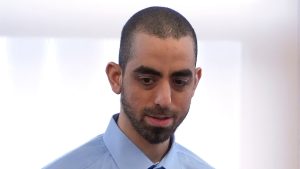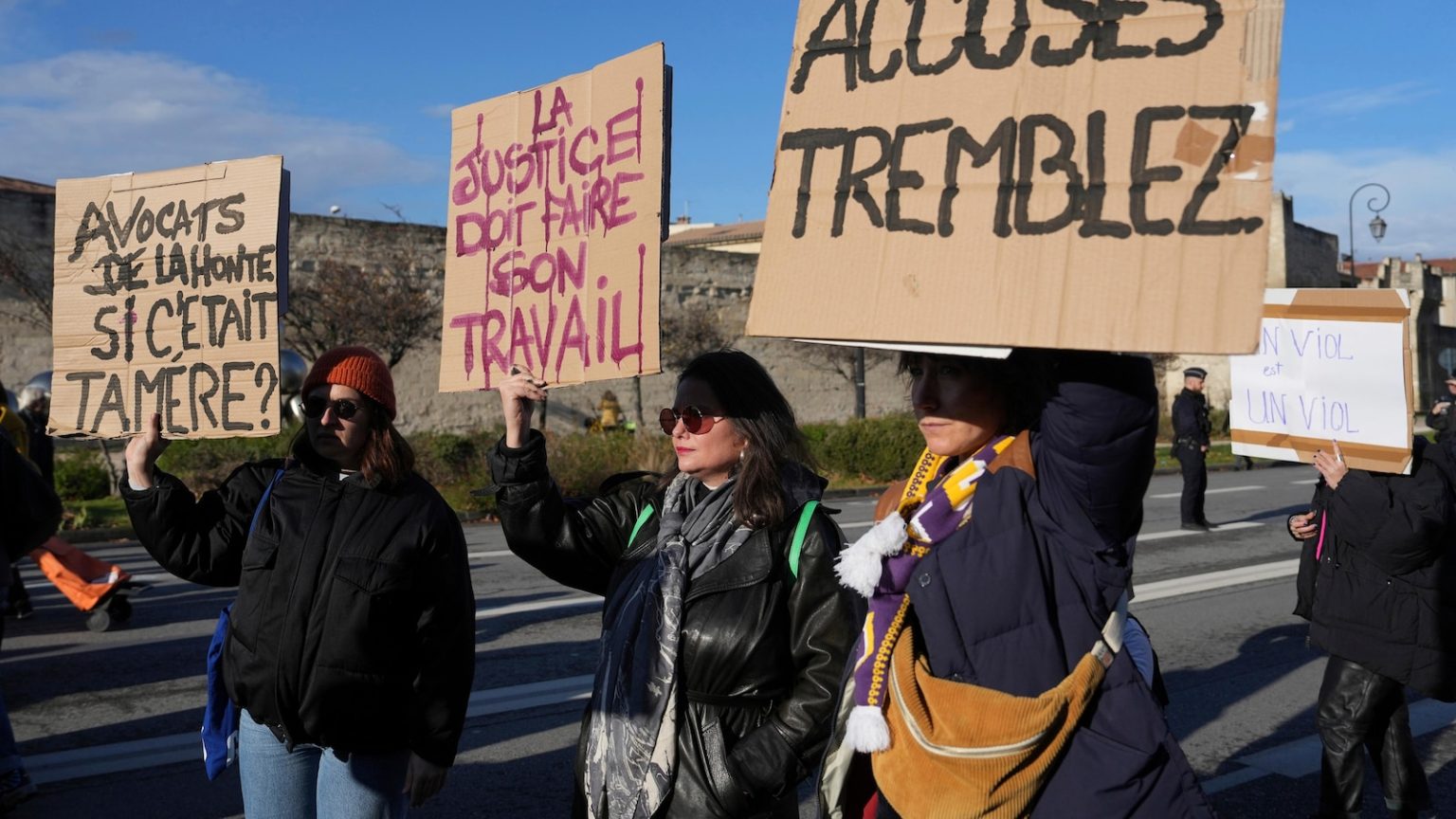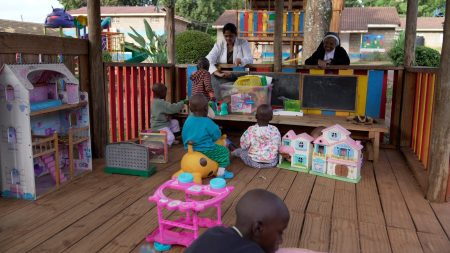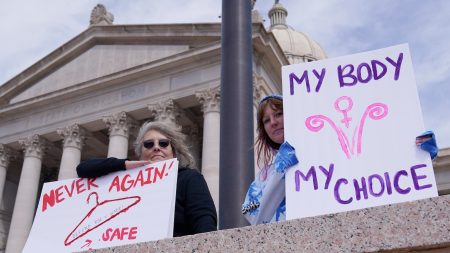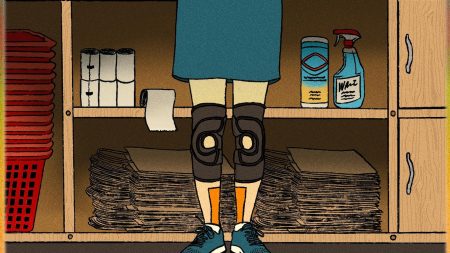France’s Landmark Child Sex Abuse Trial: A Step Towards Justice and Healing
Introduction: Unveiling a Decade-Long Nightmare
In a groundbreaking move, France is set to confront one of its most egregious cases of child sexual abuse, marking a pivotal moment in the nation’s legal and social history. The trial of Joël Le Scouarnec, a 74-year-old former surgeon, has brought to light the harrowing accounts of 299 alleged victims, predominantly children he encountered during his medical practice. This trial, the largest of its kind in France, is not only a quest for justice but also a beacon of hope for silent sufferers, urging them to voice their traumas and challenging the societal norms that shield perpetrators.
The Chilling Evidence: Notebooks of Horror
Central to the prosecution’s case are Le Scouarnec’s meticulously detailed notebooks, chronicling decades of sexual violence with unsettling specificity. These documents, discovered during a 2017 investigation, reveal a calculated predator who exploited his position of trust. While Le Scouarnec does not deny the charges, he claims memory lapses, a defense that survivors dismiss as an affront to their lived realities. For many victims, the revelation of these records has been both a confirmation of their untold pain and a trigger for long-buried emotions.
A Catalyst for Change:Breaking the Silence
The trial arrives amid a burgeoning movement against sexual violence, inspired by figures like Gisèle Pélicot, who has become a symbol of resilience. Activists and advocacy groups view this proceeding as a critical juncture, aiming to dismantle the stigma surrounding sexual abuse and advocating for a justice system that prioritizes victim support. The collective hope is that the trial will not only ensure accountability but also foster a culture where victims feel empowered to speak out, challenging the silence that has historically protected offenders.
Unraveling the Past: A History of Abuses
Le Scouarnec’s history of abuse spans decades, with offenses dating back to the mid-80s. The trial focuses on crimes committed between 1989 and 2014, involving 158 men and 141 women, many just 11 years old. His methodical approach, disguising abuse as medical procedures, exploited the trust of his young patients.Victims, like Amélie Lévêque, have recounted their traumatic experiences, their memories resurfacing upon discovering their names in Le Scouarnec’s notebooks, leading to emotional upheavals and a journey toward healing.
Systemic Failures and Calls for Reform
The case underscores glaring systemic failures, highlighted by Le Scouarnec’s ability to continue practicing medicine despite a 2005 conviction for child pornography. The lack of disciplinary action post-conviction points to a flawed system that prioritized bureaucratic inefficiencies over patient safety. Child protection groups are urging legal reforms to prevent future abuses, emphasizing the need for accountability and vigilance within institutions.
A Society’s Awakening: From Silence to Action
The trial serves as a clarion call for societal change, urging individuals and institutions to confront and report abuse. The Independent Commission on Incest and Sexual Violence against Children underscores that the perpetuation of abuse is often facilitated by silence. As France navigates this trial, it is a moment to reflect on collective responsibility and the imperative to protect the vulnerable. The journey towards justice is not just legal but deeply human, advocating for a world where no child suffers in silence.
